|
Voiced by Amazon Polly |
Cloud computing continues to evolve at a rapid pace, shaping the future of technology and business operations. As we look to 2025, several key trends are poised to drive the next wave of innovation and transformation in the cloud landscape. Here are the top five cloud computing trends to watch for in 2025.
Become an Azure Expert in Just 2 Months with Industry-Certified Trainers
- Career-Boosting Skills
- Hands-on Labs
- Flexible Learning
1. Rise of Multi-Cloud Strategies
As organizations seek to optimize performance, cost efficiency, and reliability, the adoption of multi-cloud strategies is set to become more prevalent. By leveraging multiple cloud providers, businesses can avoid vendor lock-in, enhance redundancy, and tailor solutions to specific workloads and requirements.
Multi-cloud strategies also allow organizations to take advantage of the unique strengths and services offered by different cloud providers. For instance, one provider may excel in AI and machine learning capabilities, while another specializes in data analytics. By integrating these diverse offerings, companies can build a more robust and versatile cloud infrastructure.
Optimizing Performance and Cost
With multi-cloud strategies, organizations can dynamically allocate resources based on current needs, optimizing both performance and cost. This flexibility ensures that critical applications run smoothly while minimizing expenses.
Enhancing Redundancy and Reliability
Multi-cloud strategies also improve redundancy and reliability, as workloads can be shifted between providers in case of outages or performance issues. This resilience is crucial for maintaining business continuity and minimizing downtime.
2. Edge Computing and IoT Integration
Edge computing is rapidly gaining traction as a means to process data closer to its source, reducing latency and improving real-time decision-making. With the proliferation of Internet of Things (IoT) devices, edge computing is becoming increasingly important for managing and analyzing the vast amounts of data generated at the network’s edge.
Reducing Latency and Enhancing Real-Time Processing
By processing data locally, edge computing reduces the time it takes for information to travel to and from the cloud, resulting in faster response times and more efficient operations. This is particularly critical for applications requiring real-time processing, such as autonomous vehicles, smart cities, and industrial automation.
Improving Data Security and Privacy
Edge computing also enhances data security and privacy by keeping sensitive information closer to its source. This reduces the risk of data breaches and ensures compliance with data protection regulations.
3. AI and Machine Learning Integration
Artificial intelligence (AI) and machine learning (ML) are transforming cloud computing by automating processes, improving data analysis, and enabling predictive insights. As these technologies continue to advance, their integration into cloud services is expected to grow, driving innovation and efficiency.
Automating Processes and Enhancing Productivity
AI and ML can automate routine tasks, freeing up human resources for more strategic initiatives. This automation enhances productivity and reduces operational costs.
Enabling Predictive Insights and Data-Driven Decision-Making
AI and ML also enable predictive insights, allowing organizations to anticipate trends, optimize operations, and make data-driven decisions. This capability is invaluable for industries such as finance, healthcare, and retail.
4. Serverless Computing
Serverless computing is gaining popularity as a cost-effective and scalable solution for deploying applications without the need to manage infrastructure. This model allows developers to focus on writing code, while the cloud provider handles the underlying infrastructure, scaling, and maintenance.
Reducing Operational Complexity
Serverless computing reduces operational complexity by abstracting the infrastructure layer, allowing developers to focus on building and deploying applications. This simplifies development and accelerates time-to-market.
Enhancing Scalability and Cost Efficiency
Serverless computing also enhances scalability and cost efficiency, as resources are automatically allocated based on demand. This pay-as-you-go model ensures that organizations only pay for the compute resources they actually use.
5. Emphasis on Cloud Security
As cloud adoption continues to grow, so does the need for robust security measures to protect sensitive data and applications. Cybersecurity threats are evolving, and organizations must prioritize cloud security to safeguard their digital assets.
Implementing Zero Trust Security Models
One of the key trends in cloud security is the implementation of Zero Trust security models, which assume that no one, whether inside or outside the organization, can be trusted by default. This approach requires continuous verification of access requests and strict access controls.
Enhancing Data Encryption and Privacy
Organizations are also focusing on enhancing data encryption and privacy to protect sensitive information from unauthorized access. Advanced encryption techniques and privacy-preserving technologies are becoming integral to cloud security strategies.
Conclusion
The future of cloud computing is bright, with innovative trends that promise to revolutionize the way businesses operate and interact with technology. Multi-cloud strategies, edge computing, AI integration, serverless computing, and enhanced cloud security are set to drive significant advancements in the cloud landscape by 2025.
Enhance Your Productivity with Microsoft Copilot
- Effortless Integration
- AI-Powered Assistance
About CloudThat
CloudThat is an award-winning company and the first in India to offer cloud training and consulting services worldwide. As a Microsoft Solutions Partner, AWS Advanced Tier Training Partner, and Google Cloud Platform Partner, CloudThat has empowered over 850,000 professionals through 600+ cloud certifications winning global recognition for its training excellence including 20 MCT Trainers in Microsoft’s Global Top 100 and an impressive 12 awards in the last 8 years. CloudThat specializes in Cloud Migration, Data Platforms, DevOps, IoT, and cutting-edge technologies like Gen AI & AI/ML. It has delivered over 500 consulting projects for 250+ organizations in 30+ countries as it continues to empower professionals and enterprises to thrive in the digital-first world.

WRITTEN BY Foram Shah
Foram Shah is a Microsoft Certified Trainer and Technical Lead in Cloud Security & BI at CloudThat. With 8+ years of experience, she specializes in full-time training on XDR, Defender, Sentinel, Microsoft Purview, M365 Copilot, Security Copilot, and broader cybersecurity topics. She has trained over 1000 professionals from top organizations including Wipro, Infosys, TCS, Accenture, Flipkart, and Microsoft partners. Her expertise lies in delivering customized, hands-on training aligned with business needs and enterprise security goals.


 Login
Login


 February 12, 2025
February 12, 2025 PREV
PREV
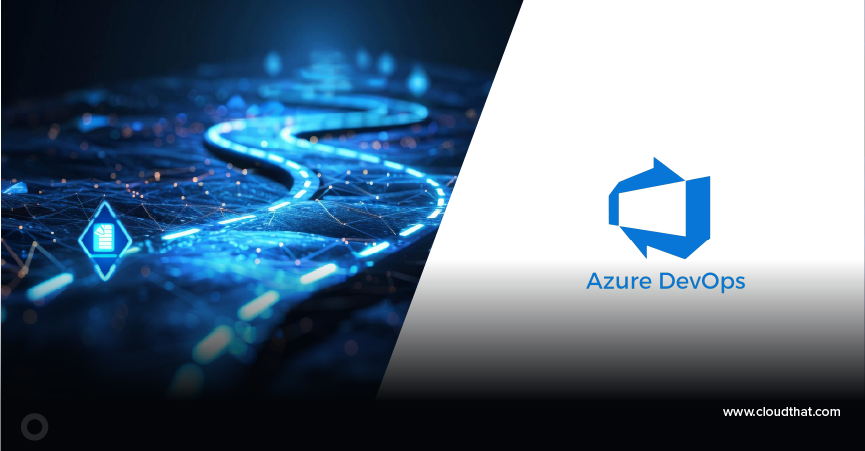
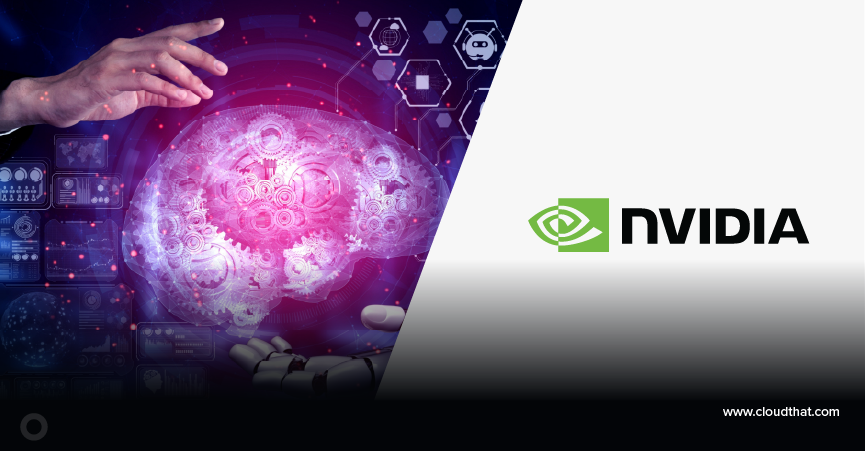
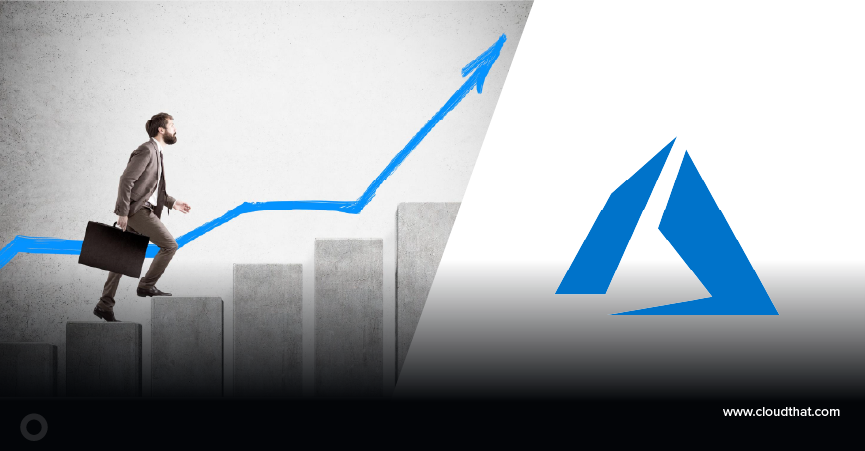
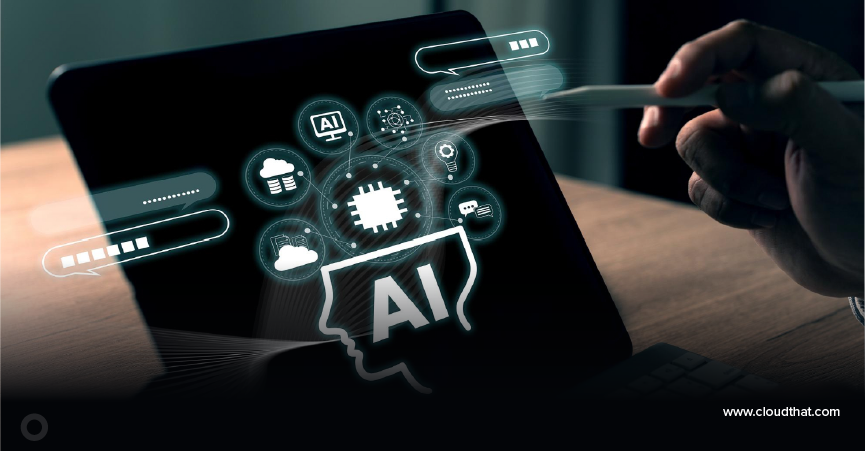

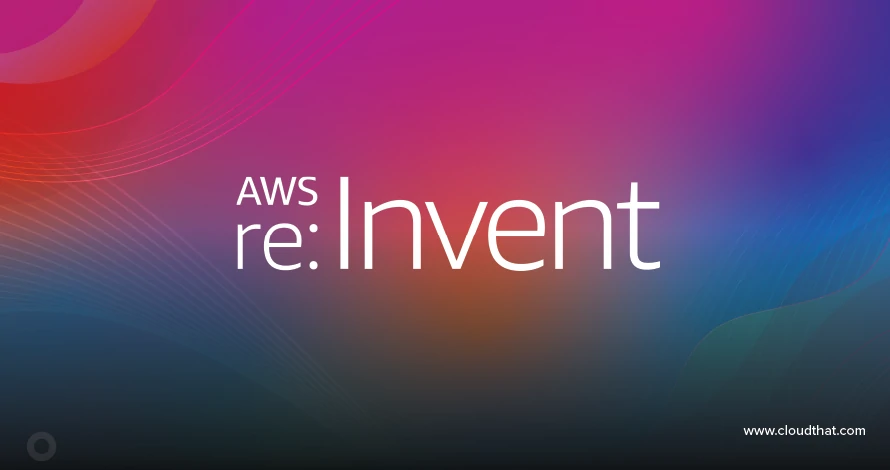


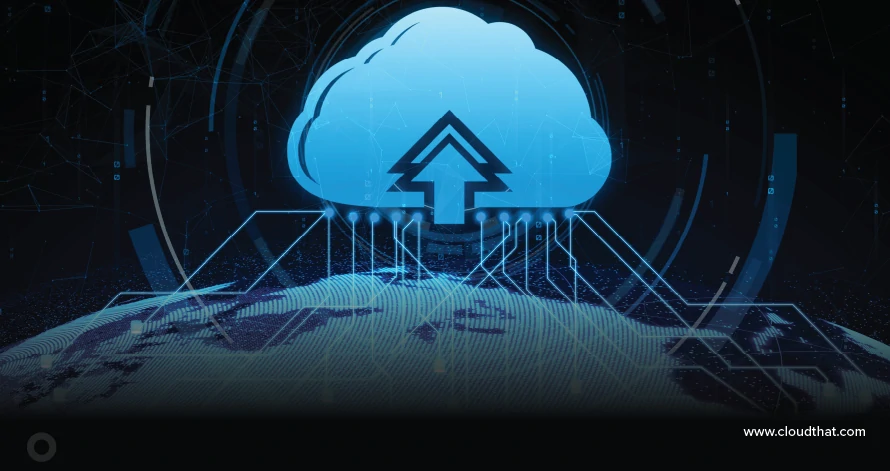


Comments